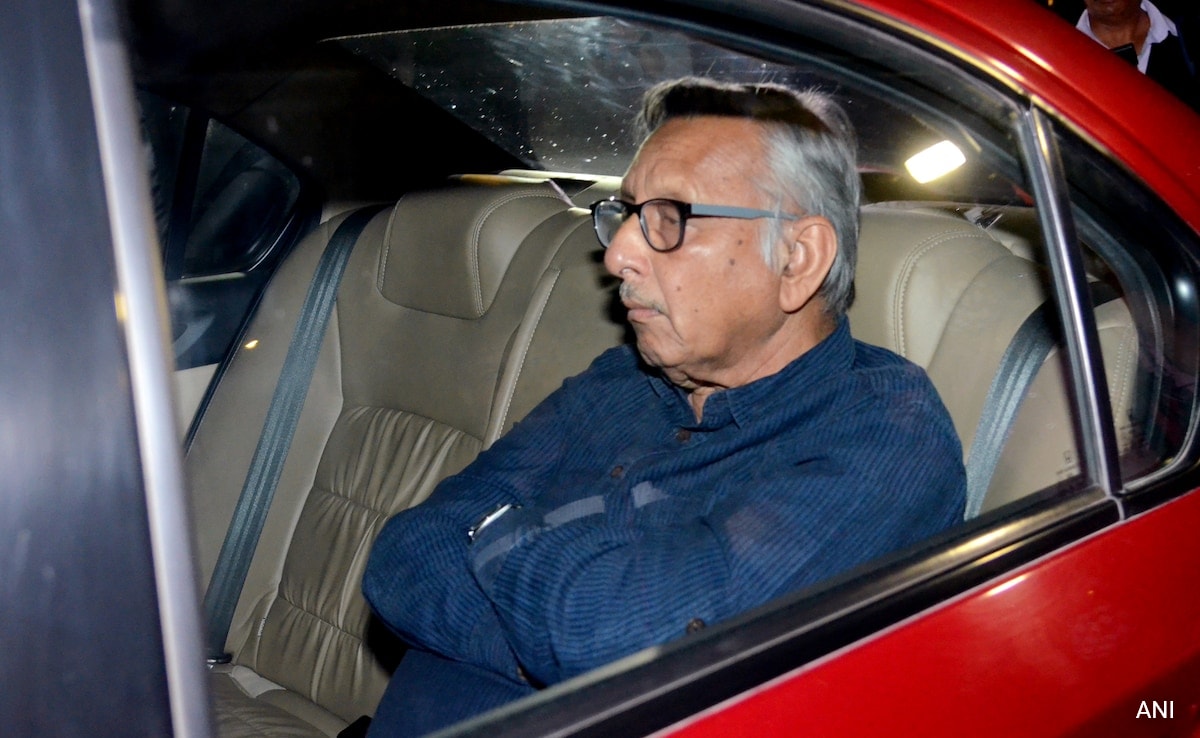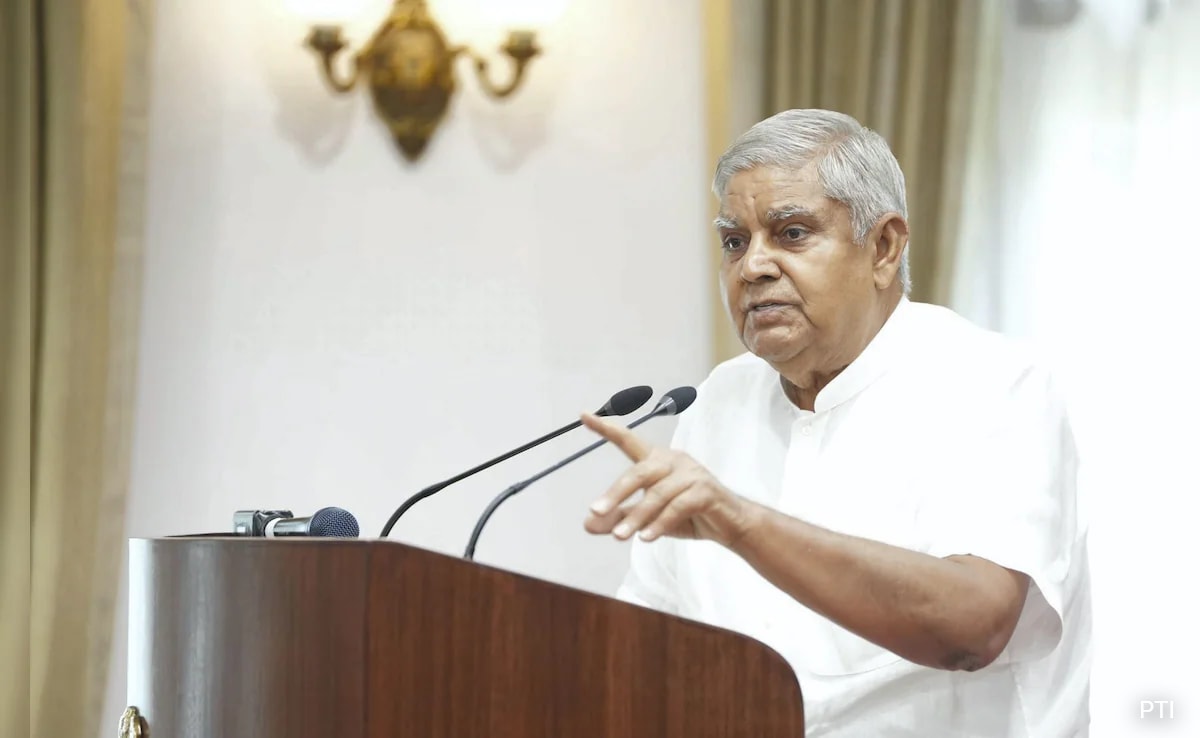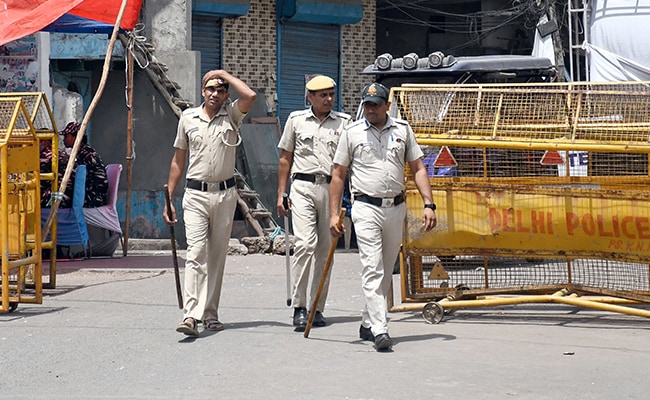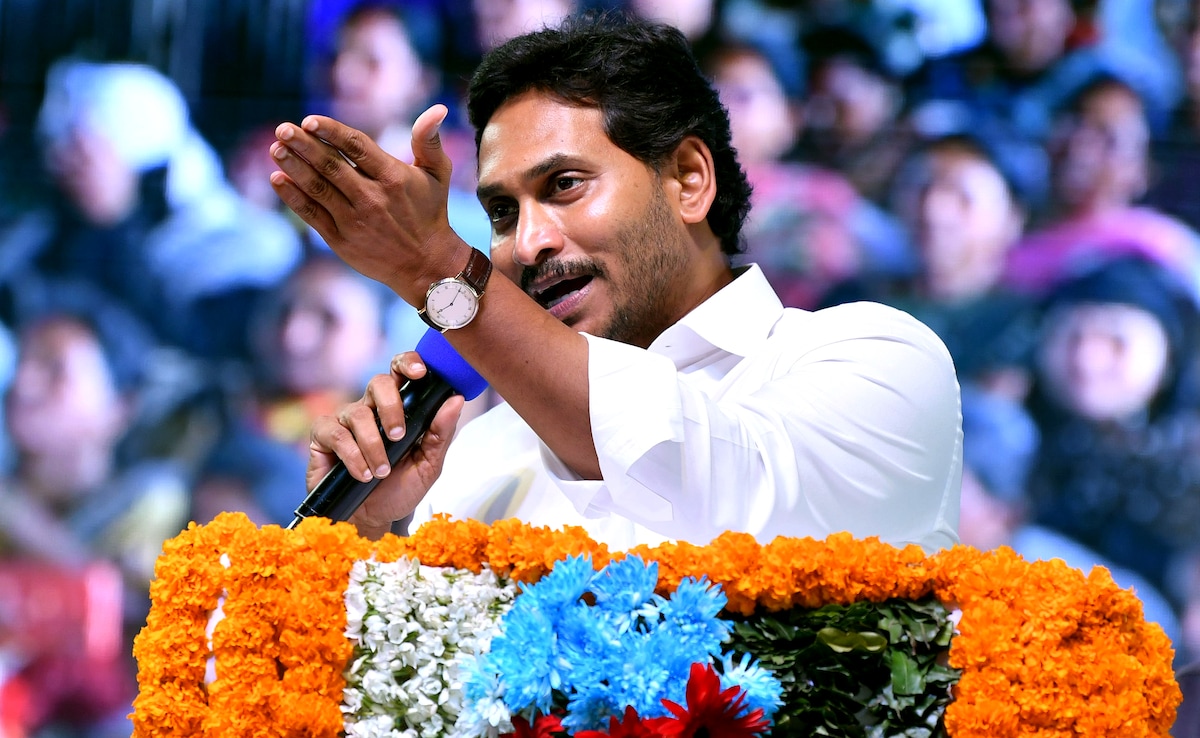No stranger to controversy, veteran Congress leader and former Union Minister, Mani Shankar Aiyar on Sunday triggered a fresh row after coming out in praise of Pakistanis and terming them as the “biggest asset of India”, Dawn reported.
According to the Pakistan daily, Mr Aiyar, while addressing an event in Lahore, said, “Pakistanis, from my experience, have been the people who perhaps overreact to the other side. If we are friendly, they are over-friendly, and if we are hostile, they get overly hostile.”
Speaking at the session titled ‘Hijr Ki Rakh, Visaal Kay Phool, Indo-Pak affairs’, on the second day of the Faiz Festival at Alhamra in Lahore, the former Union Minister shared his affection for Pakistan and its people, saying he had never been to a country where he had been welcomed with such open arms as he was in Pakistan.
The former diplomat recalled his posting in Karachi as consul general, saying everyone looked after him and his wife.
“He has written about a number of incidents in his book, Memoirs of a Maverick, which shows Pakistan as a completely different country to what the Indians imagine. He said that goodwill was needed but instead of goodwill, there had been something opposite during the last 10 years since the formation of the first Narendra Modi government,” Dawn reported.
“All I ask the people (of Pakistan) is to remember that (PM) Modi has never received more than one-third of the votes but our system is such that if has one-third of the votes, he has two-thirds in the seats. So two-thirds of Indians are ready to come towards you (Pakistanis),” Dawn quoted Mr Aiyar as saying at the event.
Referring to his friend, former envoy Satindar Kumar Lambah, the Congress leader said he had written a book about how he served for better bilateral ties between the bitter neighbours under six different prime ministers during his career as a diplomat.
The Congress leader also reiterated his call to open communication channels between the two countries, saying the current regime under the leadership of Prime Minister Narendra Modi made it
“biggest mistake” by refusing to hold dialogue with Pakistan.
“There were five Indian high commissioners who served in the Congress government and the BJP government in Islamabad and all five of them unanimously agreed that whatever are our differences, we must engage with Pakistan and the biggest mistake that we made in the last 10 years was the refusing dialogue. We have the courage to conduct surgical strikes against you but we don’t have the courage to sit across the table and talk,” Mr Aiyar said at the event.
He added that he considered it “silly” to expect that the “Hindutva establishment” in India would want to talk to Pakistan.
“Under Hindutva, they are trying to imitate Pakistan, which became an Islamic republic. The Gandhi-Nehru answer to the Islamic republic was that they would not become a republic based on religion but a republic based on all religions. But their philosophy that lasted for 65 years was overthrown in 2014 and for the next five years we are going to have the same mindset in Delhi.”
“But it’s a minority opinion because 63 per cent of Indians have never voted for BJP,” Dawn quoted him as saying at the event.
He said the civil society in both countries “should continue dialogue until the governments awaken, but for that neither Pakistan nor India were any help due to visa issues. He suggested that businessmen, students and academics should continue meeting outside India and Pakistan, bypassing the governments”.
His remarks and the sentiments he articulated marked a striking divergence from India’s official position on Pakistan across global forums–that “talks and terror don’t go together”.
External Affairs Minister S Jaishankar had earlier said Pakistan’s core policy has been to “use cross-border terrorism to bring India to the table,” adding that India made that policy irrelevant by “not playing that game now”.
“What Pakistan was trying to do, not now but over multiple decades, was really to use cross-border terrorism to bring India to the table. That, in essence, was its core policy. We have made that irrelevant by not playing that game now,” Mr Jaishankar had said.
“It’s not a case that we won’t deal with a neighbour. After all, at the end of the day, a neighbour is a neighbour, but it is that we will not deal on the basis of terms that they set where the practice of terrorism is deemed as legitimate and effective in order to bring you to the table.”
At a press conference on the sidelines of the SCO Summit, Mr Jaishankar, in a scathing takedown of Pakistan, had said “victims and perpetrators of terrorism can’t sit together and that Pakistan’s credibility was depleting faster than its forex reserves”.














